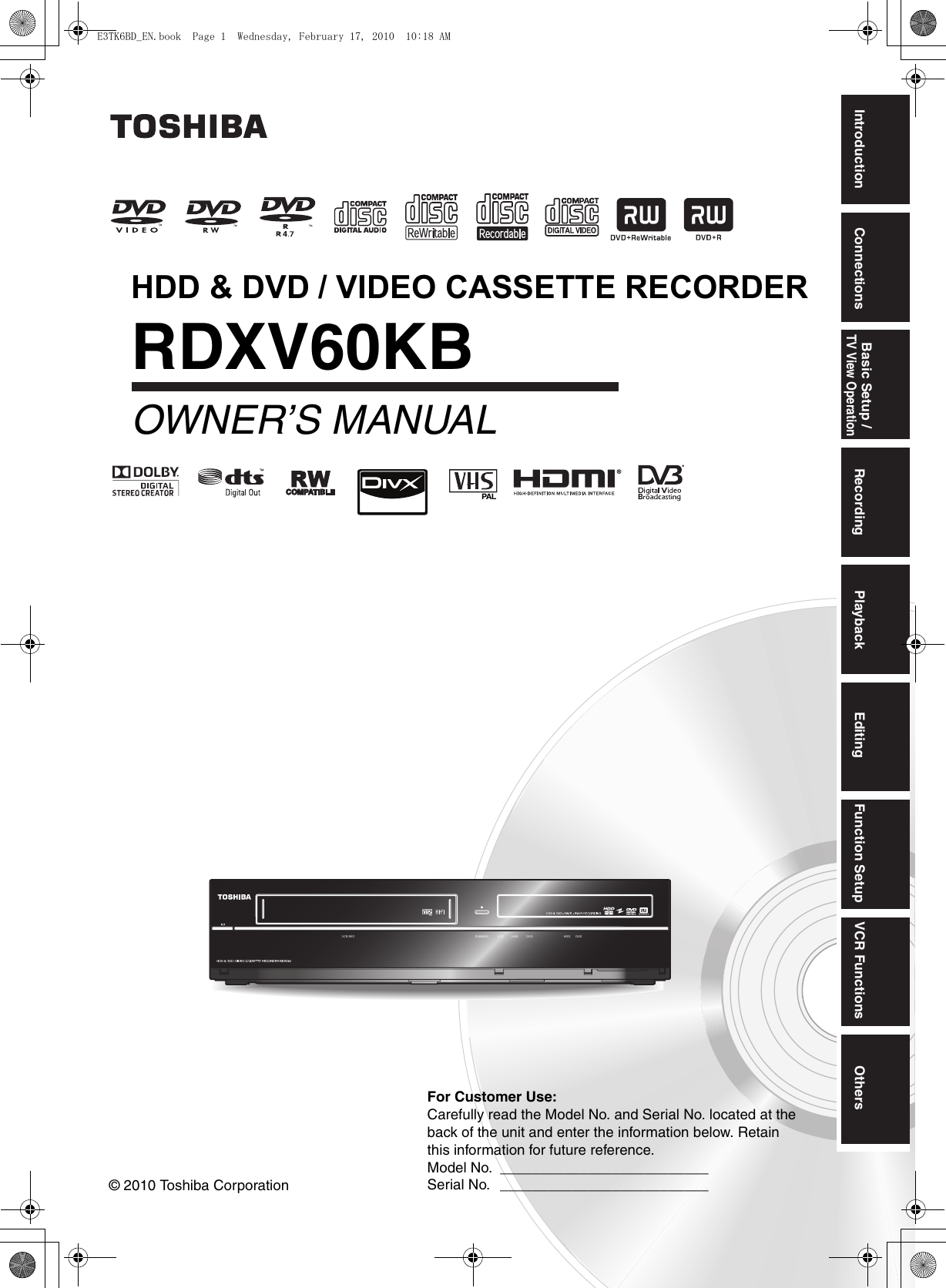After effects settings for render trevor osborn updated 11 years, 10 months ago 2 Members 7 Posts. Adobe After Effects. Trevor osborn June 12, 2009 at 11:49 pm. Dec 11, 2019 Adobe after effects is well known among editors, compositors, and designers for the varied amount of skill tools that Adobe after effects has to bring the best out of their output. There are a lot of features in Adobe after effects that make the software a credible commodity when it comes to creating animations and visual effects.
Best After Effects Settings For Youtube

Handle lighting shifts in footage better with improved Content-Aware Fill. It helps you cleanly remove objects from footage where harsh lighting changes occur throughout the footage.
The default working space and Gamma curve is modified for all RED files.



After Effects Settings For Instagram
Work with a wider range of video clips, including ones where lighting changes over time with the new Lighting Correction in Content-Aware Fill. This update to Content-Aware Fill removes objects that are moving through different lighting intensities. In the previous releases, Content-Aware Fill stays true to the reference frame and does not take into consideration lighting changes which can cause artifacts. When you enable lighting correction, you get results that look more realistic and do not contain distracting artifacts.
For more information, see Lighting Correction in Content-Aware Fill.
The default working color space and Gamma curve has been modified for all RED files.
| File type | Default working space in older versions of After Effects | Default working space in After Effects version 17.6 and later |
|---|---|---|
| Red files |
|
|
| Komodo files |
|
|
Note:
All old projects continue to have the previous settings and are not impacted by this change. You can choose to change the colour space and Gamma space as per your requirements.
Warp Stabilizer VFX settings
This is just a summary of the Warp Stabilizer VFX settings to help you get started.
- Result controls the intended result. Smooth Motion makes camera movement smoother, but doesn’t eliminate it; use the Smoothness setting to control how smooth the movement becomes. No Motion attempts to remove all of the camera motion.
- Method specifies the most complex operation the Warp Stabilizer VFX performs on the footage to stabilize it: Position, which is based on position data only; Position, Scale, Rotation, which uses these three types of data; Perspective, which effectively corner-pins the entire frame; or Subspace Warp (the default), which attempts to warp various parts of the frame differently to stabilize the entire frame.
- Borders settings adjust how borders (the moving edges) are treated for footage that is stabilized. Framing controls how the edges appear in a stabilizing result, and determines whether the effect crops, scales, or synthesizes edges using material from other frames.
- Auto-scale displays the current auto-scale amount, and allows you to set limits on the amount of auto-scaling.
- Advanced settings give you even greater control over the actions of the Warp Stabilizer VFX effect.
Tip: You can use Warp Stabilizer VFX advanced settings to achieve more complex effects, too. To learn more, see Adobe After Effects Visual Effects and Compositing Studio Techniques, available from Adobe Press.
